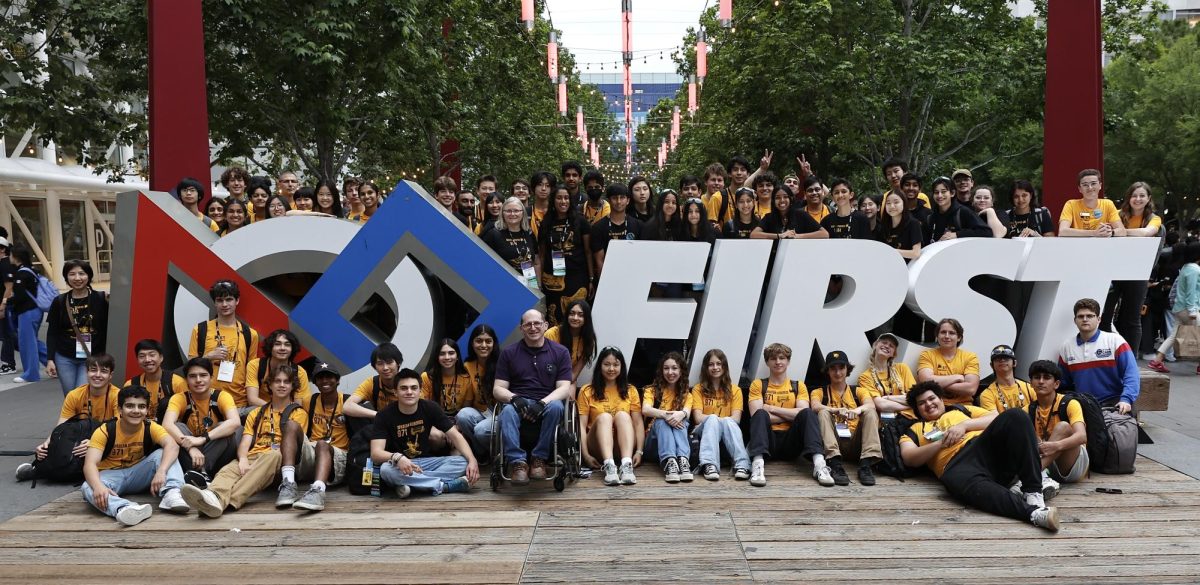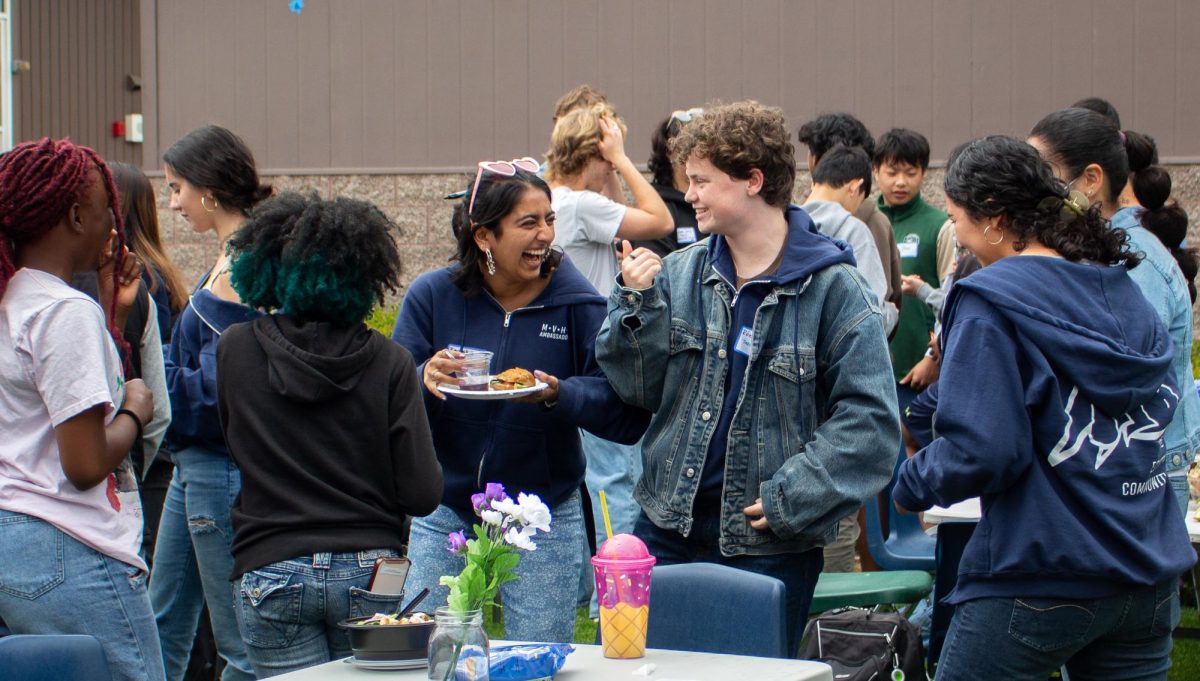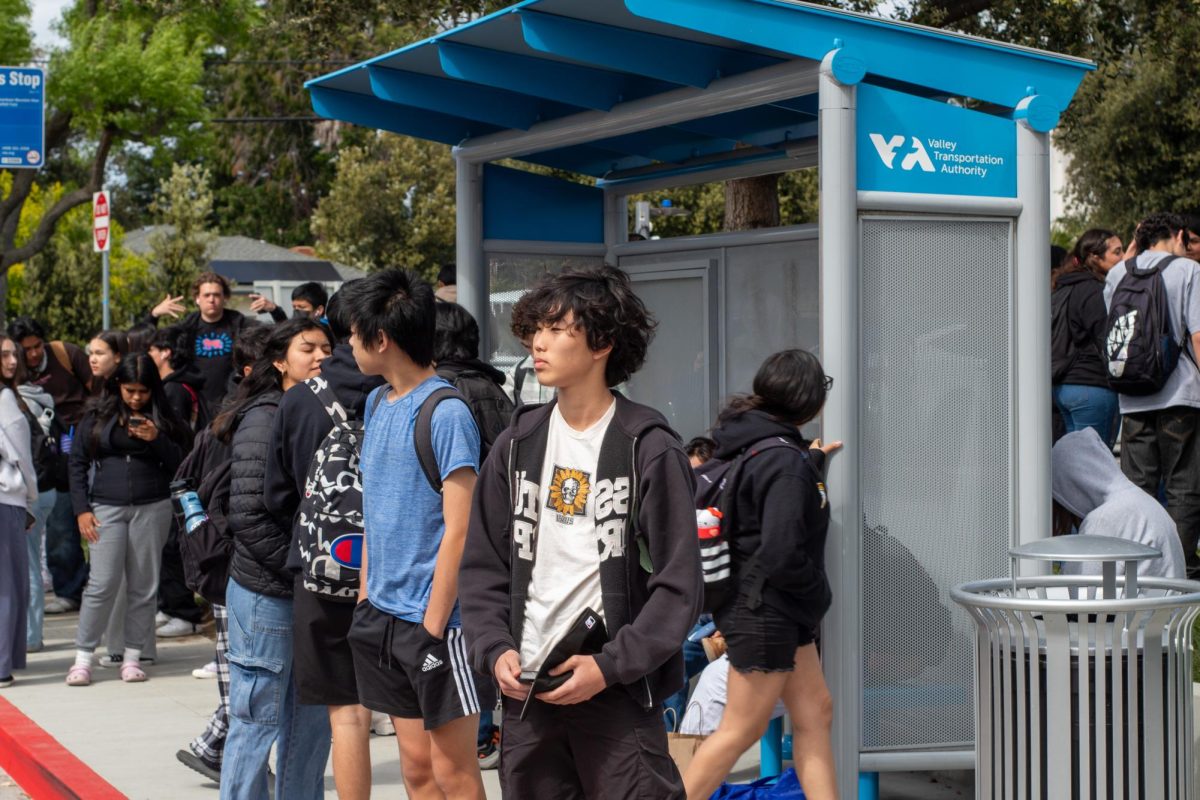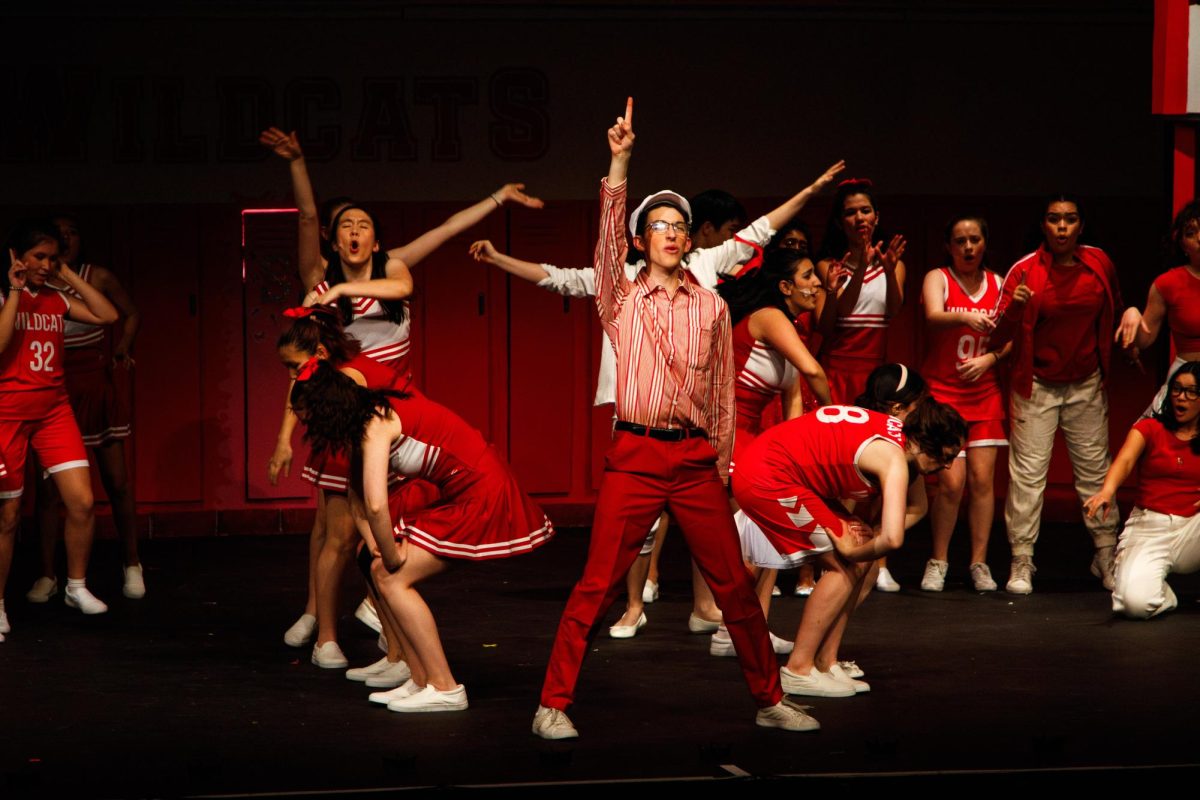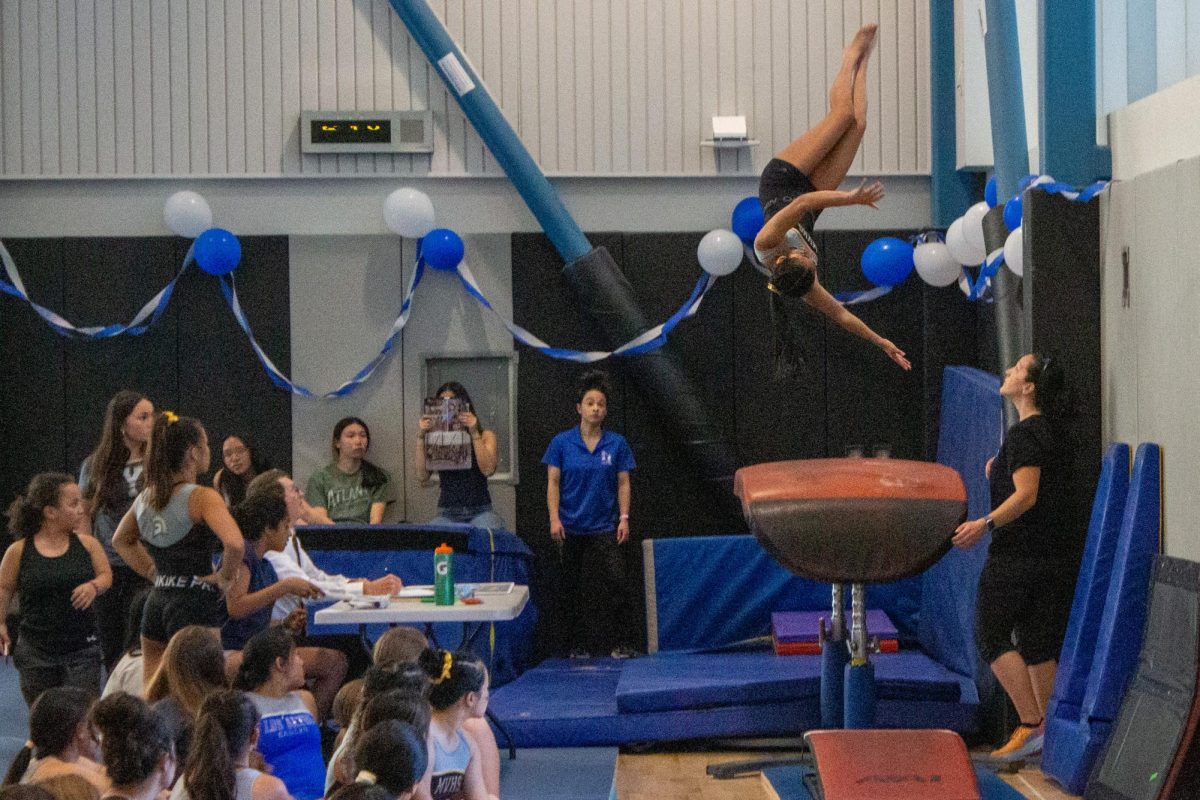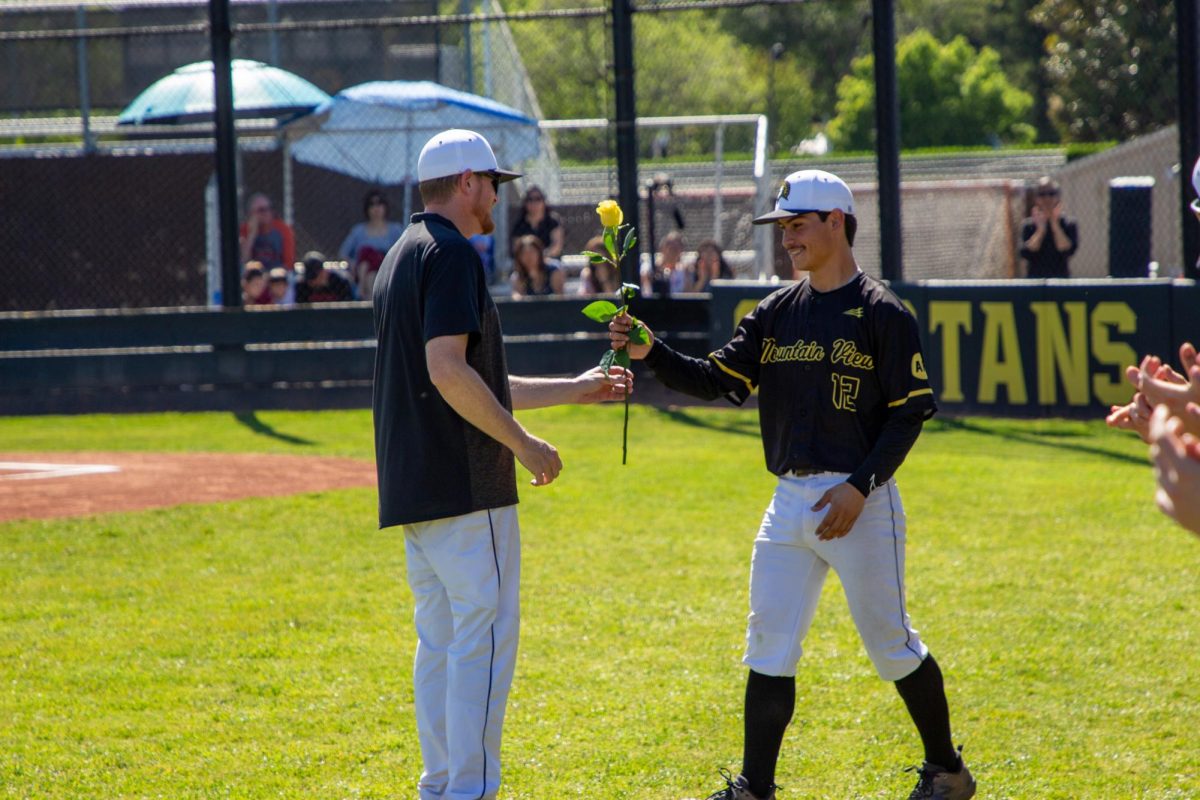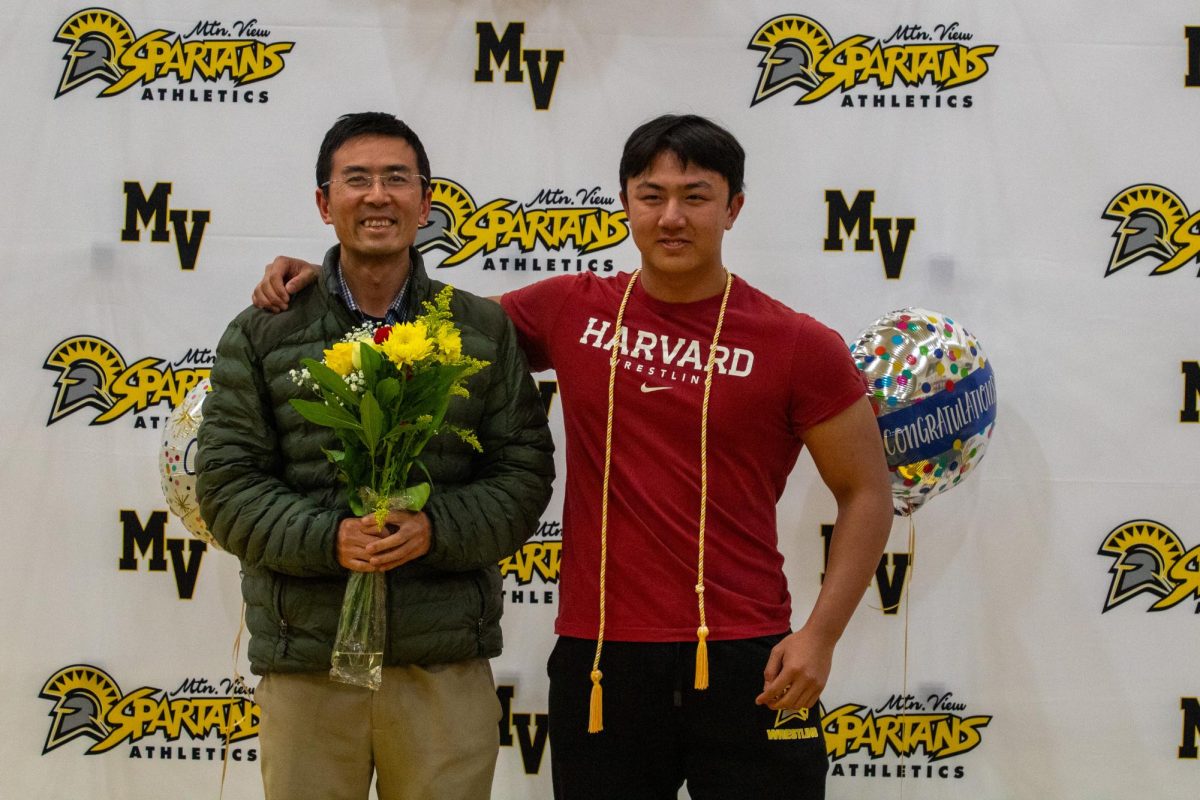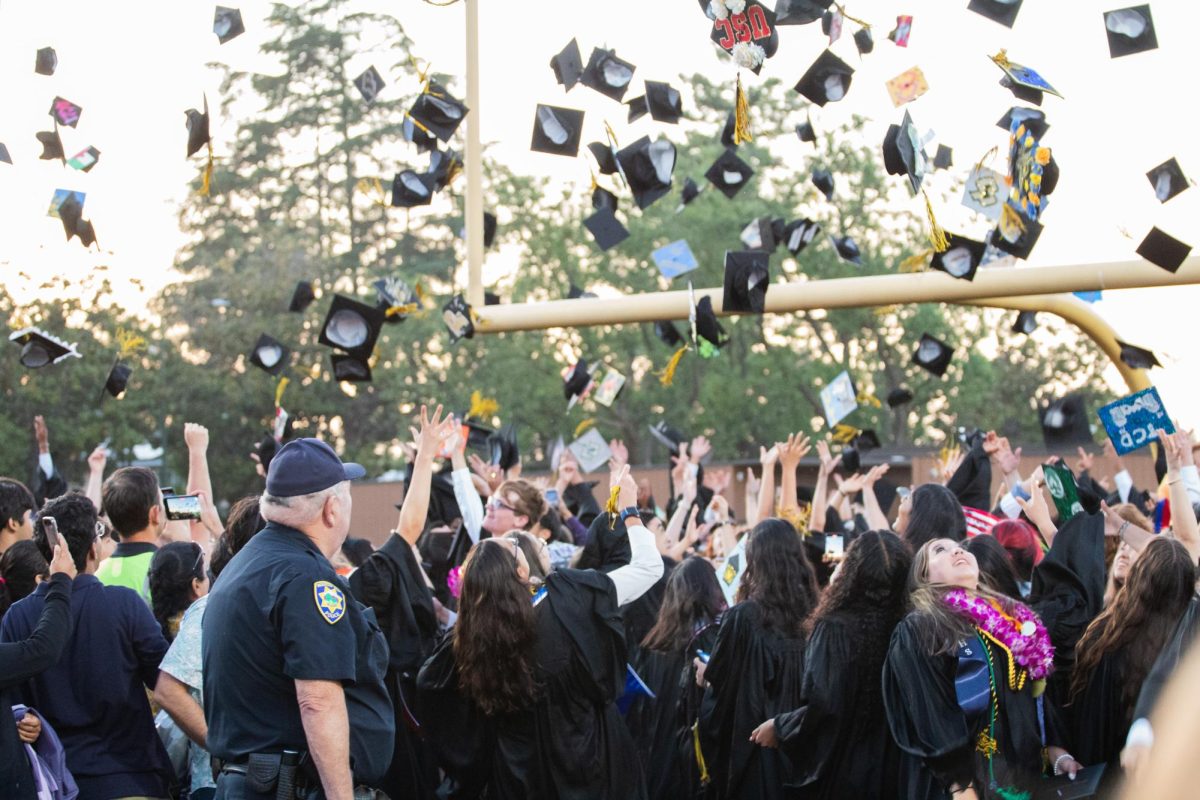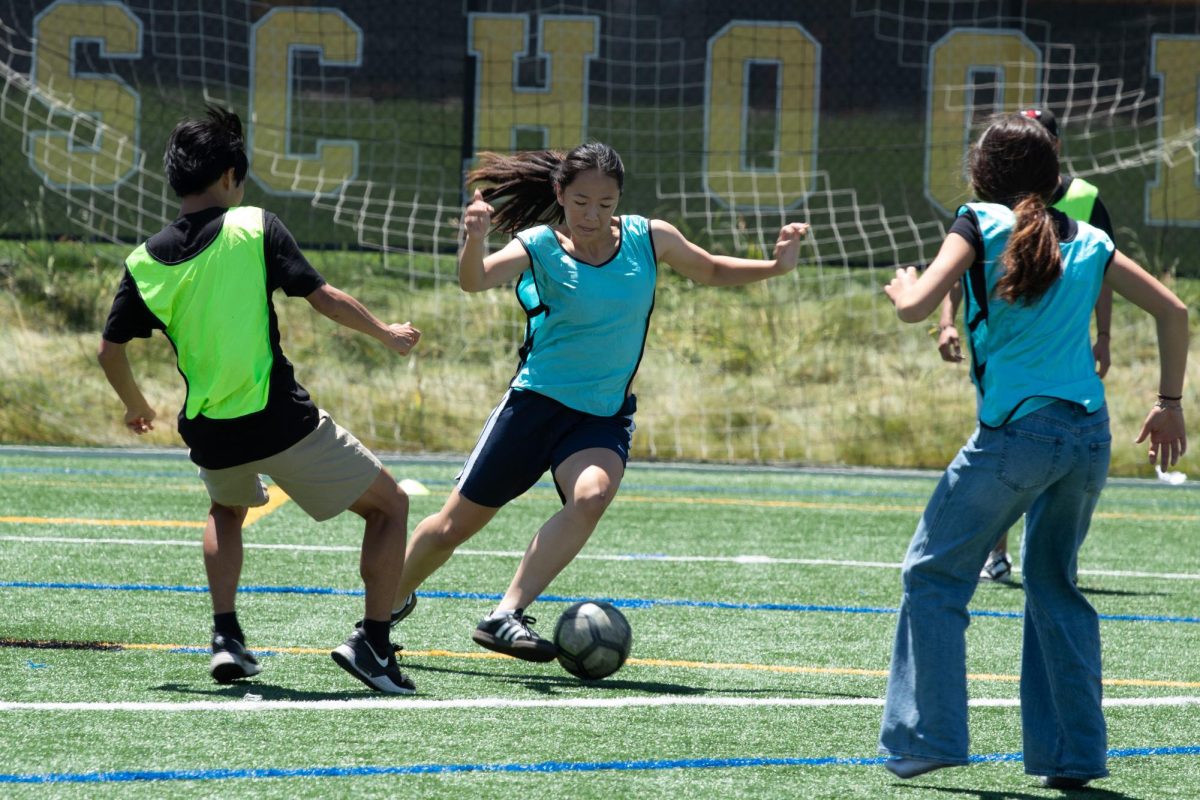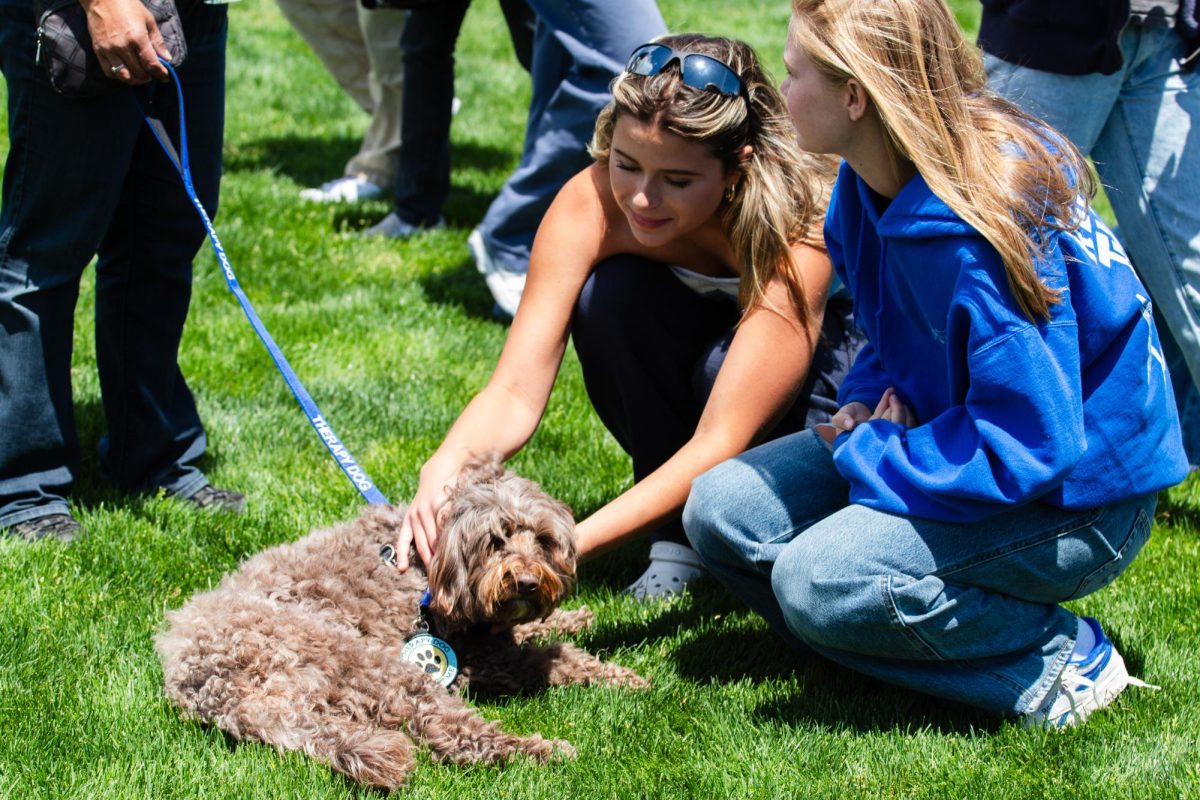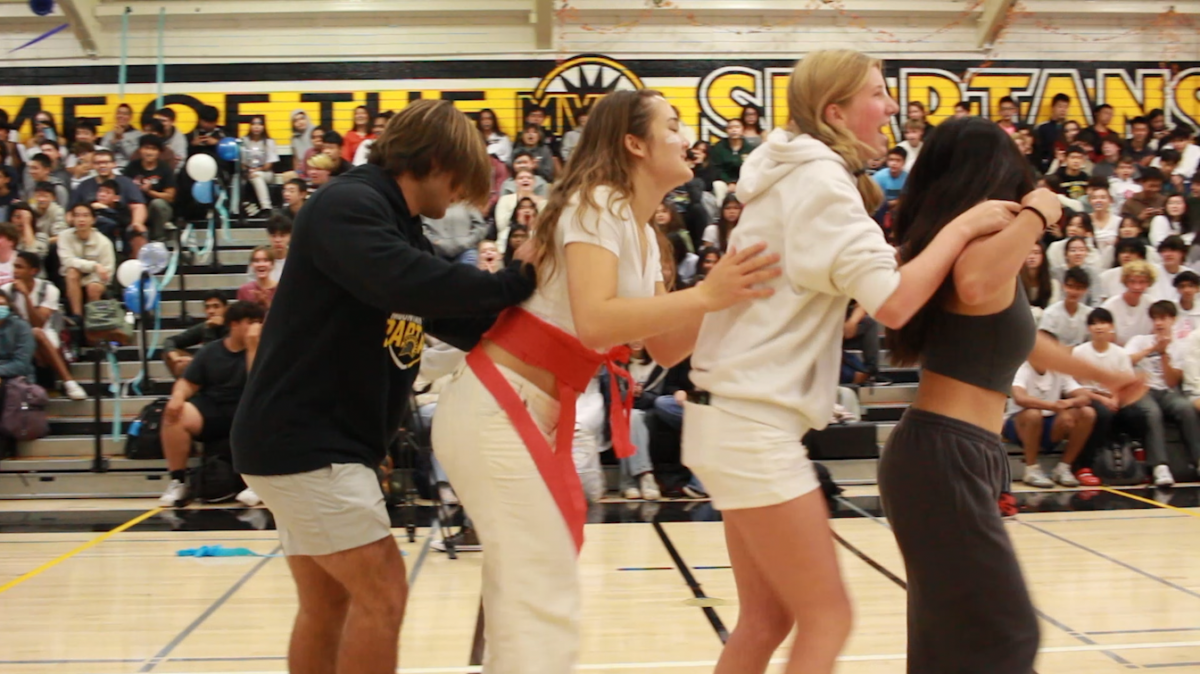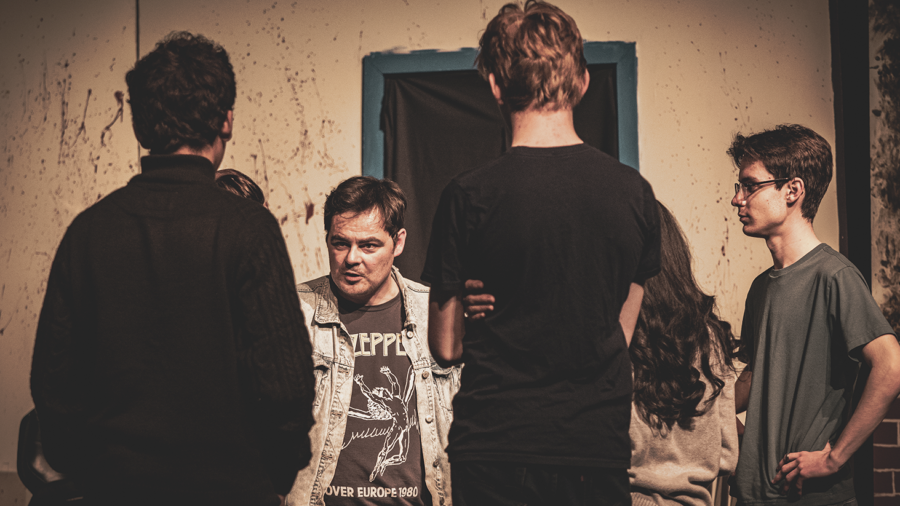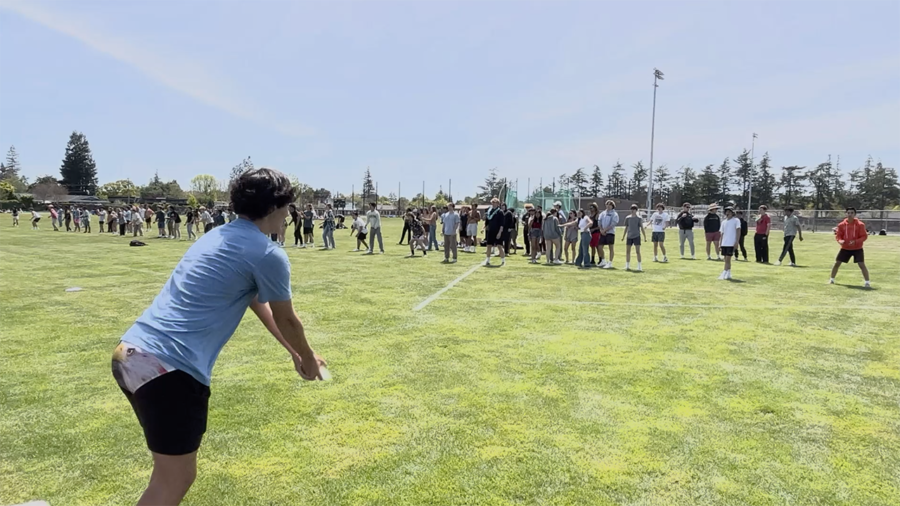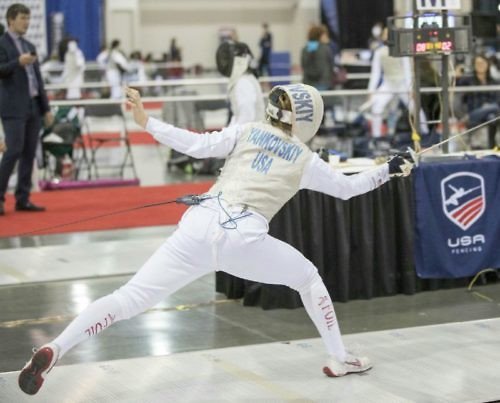Freshman Anastasia Yankovskiy began fencing because of her mother, who fenced as a young girl in the Soviet Union, passing it on to her daughter. After five years, Yankovskiy has developed a somewhat unorthodox fighting style compared to the average female fencer.
Yankovskiy fences at the Silicon Valley Fencing Center, where she trains both individually with her coach, Maxim Patrove, and in group classes with her peers. Patrove never trained a female fencer before working with Yankovskiy.

“Fencing is a dance, a duet. Sometimes your dance isn’t the same as your opponent’s. So get dynamic and focus,” Yankovskiy said regarding what Patrove tells her during training.
Yankovskiy says that she “fights more like a boy,” which is both a blessing and a curse in the world of fencing. According to Yankovskiy, matches with men tend to be more aggressive as their fighting style incorporates more thrusting, whereas women’s style is based on defense. Yankovskiy attributes some of her success to her unique training.
At nationals last summer, Yankovskiy finished in the top 16 in the under 14 division. She also placed 39th overall for competitors under 17. On the ranking scale for fencers (A, B, C, D, E, from highest to lowest ranking), she is ranked as a B.
Fencing is a dance, a duet. Sometimes your dance isn’t the same as your opponent’s. So get dynamic and focus.
Yankovskiy said that she hopes to place top 20 in cadets, the sub 17 age group, so that she can make the U.S. national fencing team one day. The top 20 fencers in the United States are invited to international individual competitions and the top four go to team competitions.
Yankovskiy has spent part of her past two summers at a program in Poland, where young fencers from all across the world spent two weeks together at a fencing camp.
At camp, Yankovskiy’s day began with a run, bright and early at 6:30 a.m. before breakfast. The rest of the day was spent fencing for about nine hours. Because she is also fluent in Russian, Yankovskiy found that she could communicate with locals and find her way around.
However, as a result of intensive training, Yankovskiy has a knee problem called Osgood-Schlatter, which causes a painful lump below the kneecap. Along with stress fractures in her heels, these physical conditions have threatened her ability to continue fencing. According to her doctors, she was almost could not walk because of training. Ultimately, physical therapy allowed her to heal her injuries so that she could continue doing what she loved.
Yankovskiy appreciates the unpredictability of fencing, and through it, has met respectful and disciplined people. Because it is an old sport, the culture of fencing requires participants to be respectful toward their opponent and referee. Fencers get warnings for disrespect.
Yankovskiy said that she has learned to control her temper to persevere through tough situations. Even when she may feel so exhausted that it seems like she can no longer move, she has learned to find that little reserve of energy and use it.
Despite obstacles, Yankovskiy said that fencing has changed her life and herself in many ways. She hopes to continue pursuing her dream, which as she describes, “is not just poking people with a stick.”

